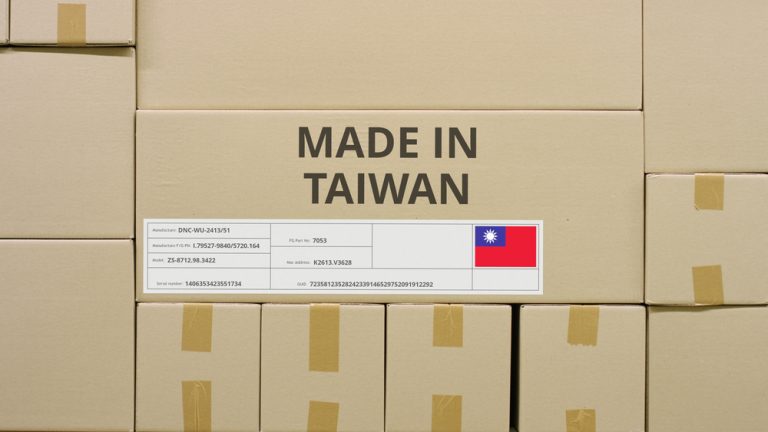Taiwan’s Strong Opposition to New U.S. Tariffs
On Thursday, Taiwan’s President Lai Ching-te condemned the new U.S. tariffs on the island, describing them as unreasonable and expressing concern about their potential impact on the global economy. Taiwan faces a 32% import duty on its products, part of a broader tariff package introduced by President Donald Trump targeting dozens of trading partners. The island, which runs a significant trade surplus with the U.S., plans to engage in discussions with Washington to address these measures.
Tariff Announcement and Trade Imbalance Issues
President Lai posted on his Facebook page after meeting with senior cabinet members to discuss the situation. He emphasized that Taiwan views these tariffs as unfair but refrained from mentioning any reciprocal tariffs in response. The government’s cabinet issued a statement outlining that it would seek clarification from the U.S. and continue talks to resolve the issue. Taiwan’s officials highlighted that the tariffs did not reflect the complementary trade structure between the two nations.
Impact of U.S. Tech Curbs on China
According to Taiwan’s government, the trade imbalance stems partly from the tech curbs imposed by the U.S. on China during Trump’s first term. These measures, which targeted Chinese companies with trade blacklists, inadvertently boosted Taiwan’s exports. As U.S. companies sought alternatives for critical semiconductor and AI-related products, many shifted their supply chains to Taiwan, which resulted in a growing demand for Taiwanese products, including advanced semiconductors.
Taiwan’s Contribution to U.S. Economy and Security
Taiwan’s cabinet pointed out that the island’s role in supplying critical technology has been vital to both U.S. economic interests and national security. Taiwan is a dominant player in the semiconductor industry, with major companies like TSMC leading the sector. The increased U.S. demand for Taiwan’s information and communication products underscores its essential contribution. TSMC, for instance, recently announced a $100 billion investment in the United States to strengthen its operations there.
The Shift in Supply Chains and Taiwan’s Tech Dominance
The shift in supply chains back to Taiwan, driven by the U.S. demand for semiconductors, has been a significant outcome of the U.S. tech restrictions on China. During Trump’s first term, these measures encouraged U.S. firms to source critical technology products from Taiwan, benefiting Taiwanese firms like TSMC. However, despite the positive economic impact, Taiwanese officials have repeatedly emphasized that the skewed trade dynamics are largely due to the specialized nature of Taiwan’s technological exports, particularly in the semiconductor industry.
The U.S.-Taiwan Relationship and Economic Partnership
In response to the new tariffs, the American Chamber of Commerce in Taiwan issued a statement affirming the importance of the U.S.-Taiwan partnership. The chamber described the relationship as central not only to shared economic prosperity but also to supply chain security and regional stability. Despite Taiwan not having formal diplomatic recognition from the United States, it remains the island’s most crucial international backer, with strong economic and security ties.
Trump’s Tariffs and Global Tensions
The timing of Trump’s tariff announcement coincided with the end of a recent round of Chinese military exercises around Taiwan, which Beijing claims as its own territory. The U.S. tariffs on Taiwan have added another layer of tension in an already volatile region. While Taiwan remains unrecognized diplomatically by the U.S., the White House’s decision to list Taiwan as a “country” in its tariff press conference further highlights the complex dynamics of international relations in the region.
Navigating Complex Trade Relations
As Taiwan faces significant tariffs from the U.S., the island’s government remains committed to resolving the issue through dialogue. While the new tariffs present immediate challenges, Taiwan’s crucial role in global technology supply chains, especially in semiconductors, ensures that its economic partnership with the U.S. remains a vital aspect of the broader global trade landscape. How this situation unfolds will likely have far-reaching implications for both Taiwan and the global economy.


